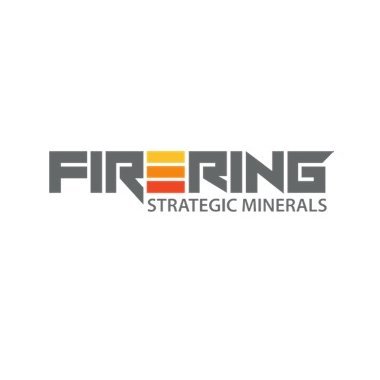The European Quicklime market witnessed a notable price increase in June, despite an adequate supply and moderate demand. This price surge occurs against the backdrop of a persistently weak downstream construction sector. The construction index has shown a slight rise, driven by less pessimistic expectations, yet a lack of orders remains a major issue, reflecting the ongoing struggles within the industry.
The upward price trend for Quicklime is significantly influenced by escalating global logistics costs. Expensive logistics have become a notable market factor, driven by multiple global disruptions. The ongoing conflict in the Red Sea region has led to substantial congestion at key ports in the Mediterranean and Asia, complicating supply chains. This situation is exacerbated by equipment shortages and shippers frontloading imports ahead of the anticipated Q3 peak season. Consequently, the ocean freight container shipping system remains under severe pressure, impacting the overall supply chain dynamics.
The broader implications of these logistics challenges are substantial. The conflict in the Red Sea region has not only caused port congestion but also disrupted the availability of shipping equipment, contributing to inefficiencies and higher operational costs. These increased costs are being passed down the supply chain, affecting various markets, including that of Quicklime. The construction sector, a major consumer of Quicklime, continues to grapple with a lack of orders, despite a slight improvement in the construction index. This ongoing weakness in the sector underscores the complexities facing the market, where sufficient supply and moderate demand are overshadowed by external economic pressures.
The pressures within the ocean freight container shipping system highlight the interconnected nature of global supply chains. Significant increases in spot rates from the Far East reflect the broader challenges faced by the logistics industry. As these costs are absorbed by shippers, the impact is felt across various markets, including that of Quicklime in Europe.
According to ChemAnalyst, the outlook for Quicklime prices in the European market remains uncertain in the coming months, primarily due to the fragile state of the construction sector. While the peak construction season typically boosts demand, this year, the sector faces significant headwinds. The combination of high interest rates and rising inflation is dampening new orders, thereby suppressing demand for Quicklime. Even during the peak months of construction activity, these economic challenges are expected to overshadow the usual uptick in market activity, maintaining a level of volatility in Quicklime pricing.
The European Quicklime market is experiencing significant price increases due to a complex interplay of supply chain disruptions and economic challenges within the construction sector. As logistics costs rise and the construction industry remains sluggish, the market faces continued uncertainty, with volatile pricing expected to persist in the coming months.
Firering Strategic Minerals plc (LON:FRG) is an AIM-quoted mining company focused on becoming a near-term cash generating producer of Quicklime, through their Limeco Project in Zambia, whilst at the same time progressing with the exploration and development of their Atex Lithium Project, Côte d’Ivoire.


